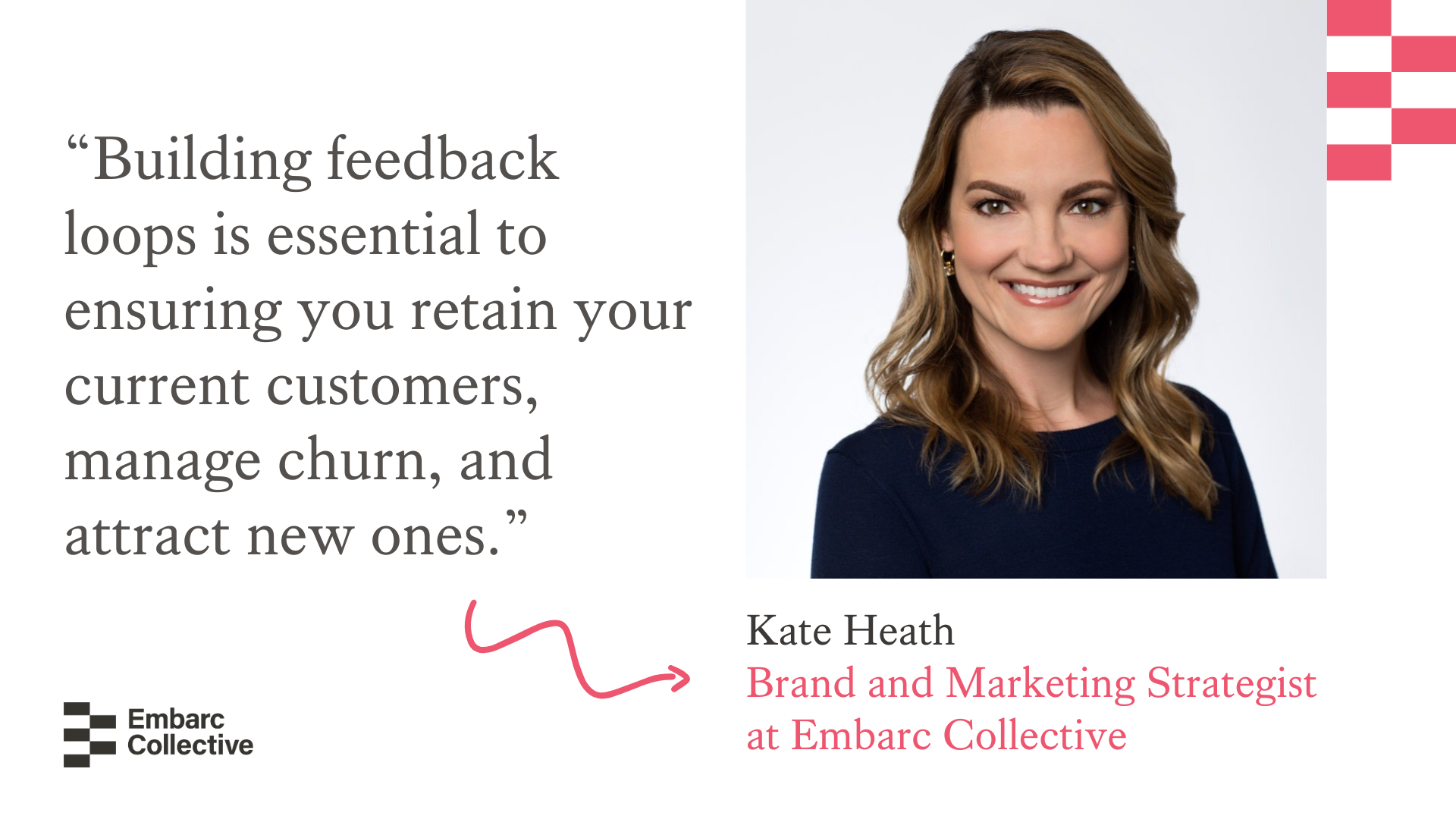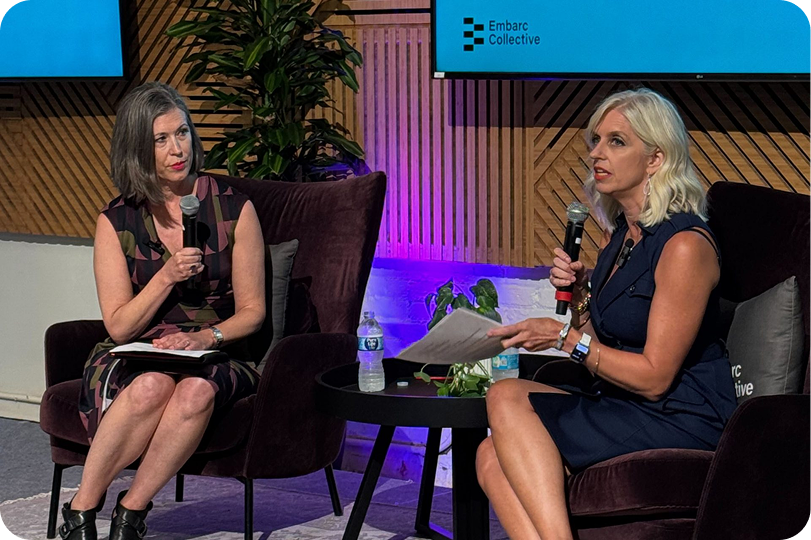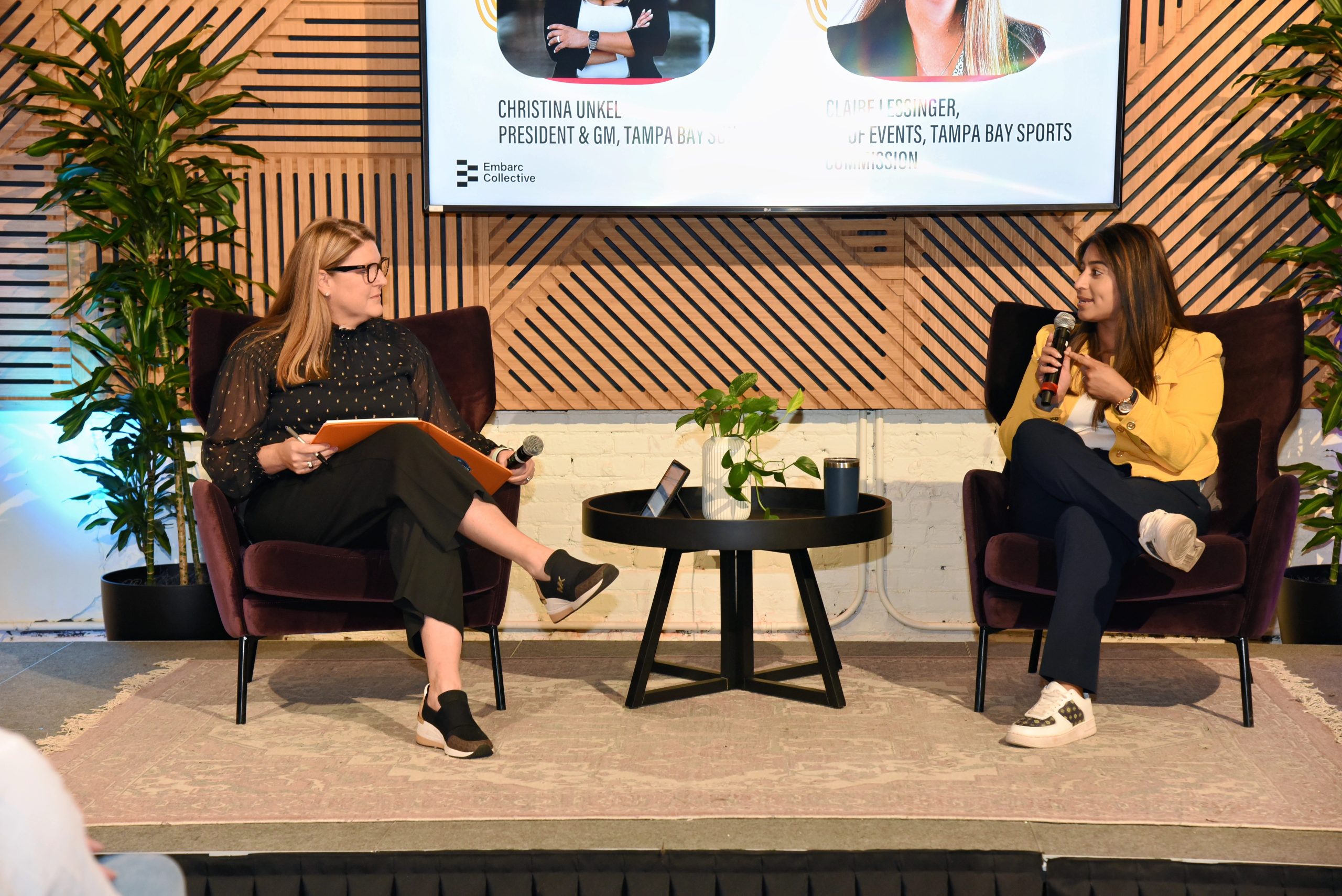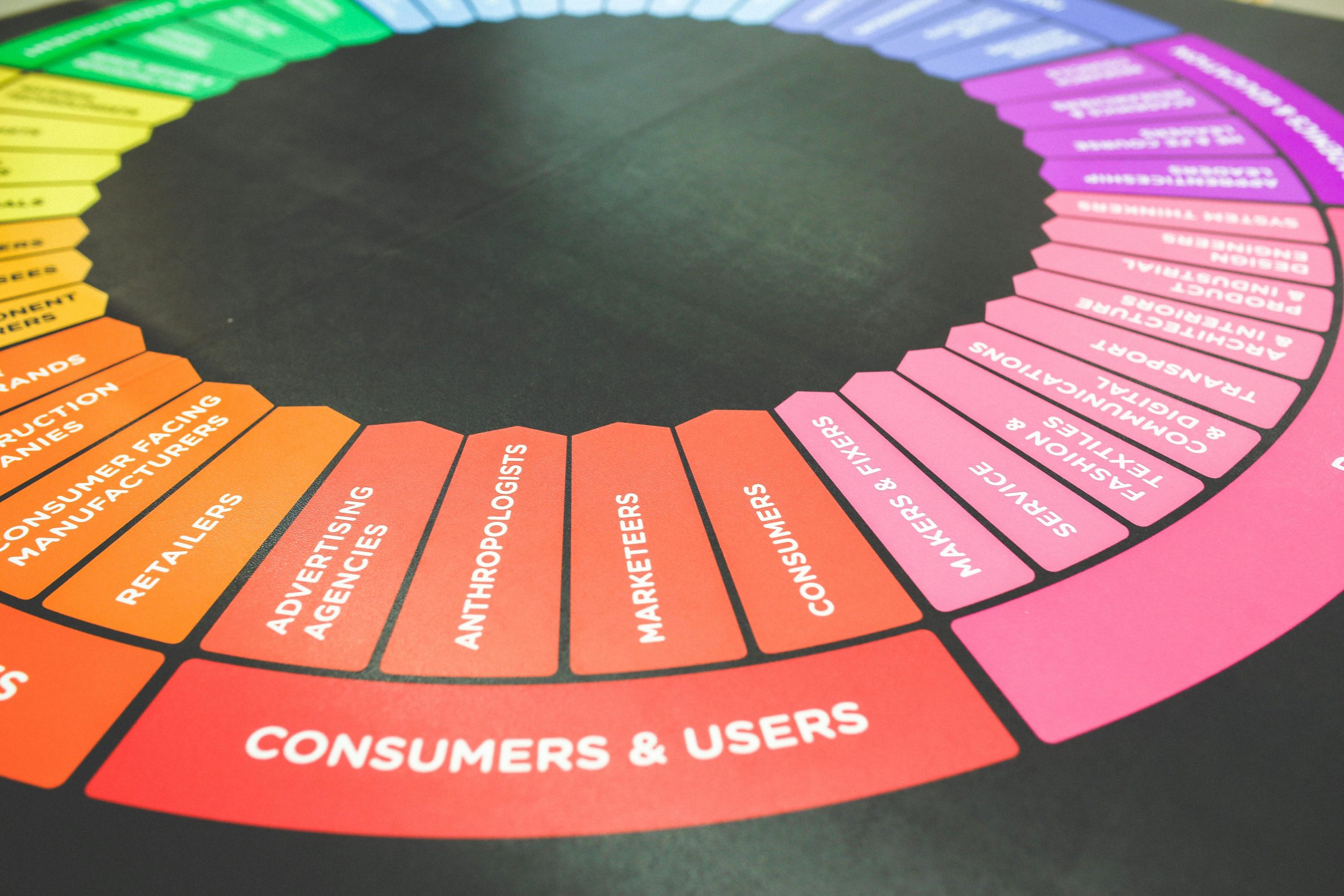Learn about upcoming events and the latest startup news—delivered to your inbox weekly.
The coaches at Embarc Collective have diverse backgrounds and skill sets, coming from all corners of the tech industry with a wide range of experiences. However, we all share one critical characteristic: like the successful founders and teams we support, we are customer-obsessed. Understanding the people you do (or hope to) serve is fundamental to conceiving, starting, and growing a business, and this is why we place great importance on customer discovery.
‘Customer discovery’ is often talked about in the context of the “Lean Startup Methodology,” pioneered by serial entrepreneurs Steve Blank and Eric Ries, and it includes a formal process of hypothesizing and testing the market. Here I will use the term more casually to refer to the ongoing process of getting to know your customer and their needs so that you can come to evidence-based conclusions about how to meet those needs. There aren’t many people who would argue the importance of doing this work, and despite the myriad resources that aim to help you do it, I still see a lot of misconceptions and missteps as founders try to make their way.
Here are a few caveats and ideas to consider:
Problem > Solution.
I can see why you would want to zero in on your solution – you want to know if the market wants your thing. However, asking someone if they would buy your product is not taking a customer-centric approach; it still has YOU at the center of the question. In the early days, especially before you launch, what you really need to know is what challenges your desired customer is facing. Ask your customer high-level, solution-agnostic questions about the “job to be done.” Get your customer talking about their day-to-day responsibilities, activities, and habits. Better yet, get them to tell you a story: “Tell me about a time when…”
Even though you have a hypothesis about your solution’s ability to help them, the solution should never come up. You are in data collection mode, so you are listening for the insights that will inevitably drop out of what they say and help prove or disprove your hypothesis. And when they say something relevant to your assumptions, ask a follow-up question. Most people love to talk about themselves, so dig in. Skipping this crucial step risks developing products your ideal customers will not pay for, missing market opportunities, and ultimately wasting resources.
Customer Discovery Never Ends – It Just Changes.
Once you’ve entered the market and gained traction, you still need to stay in constant communication with your customers and be willing to adjust the solution as their needs change. It’s easy to become overly focused on customer acquisition, especially when many investors view it as a key metric. However, building feedback loops is essential to ensure you retain your current customers, manage churn, and attract new ones. At this stage, it is okay to ask customers about your specific product and the benefits they perceive. While your tactics may change—for example, shifting from 1:1 interviews to focus groups or surveys—your commitment to customer-centrism should not waver. Stay laser-focused on their situation, not yours.
Put Your Customer Discovery to Work.
I’ve seen so many founders do extensive research, conduct tons of interviews, create comprehensive and incisive personas – and then put it all on a shelf, never to be looked at again. The insights you will gather from diligent customer discovery have broad implications for your venture. It’s not just about product development and getting to product-market fit. If you get your customers talking, they will give you crucial information: what they value; which alternatives and complements to your solution they use; where, when, and how they buy; and where they take their cues from. This is PURE GOLD.
If you’re listening, you will hear the answers to some of the most asked questions:
- How they interpret your value proposition (Marketing)
- What they are willing to pay for your offering (Revenue)
- Their preferred sales channels (Go-To-Market)
And all that awareness adds up to big-time credibility with investors. So the next time you’re struggling with a major decision, ask yourself: Has my customer already told me what I need to do?
Get support from Kate Heath and other startup veterans in Embarc Collective’s Coaching Team by joining our membership here.
 Back to All Posts
Back to All Posts




